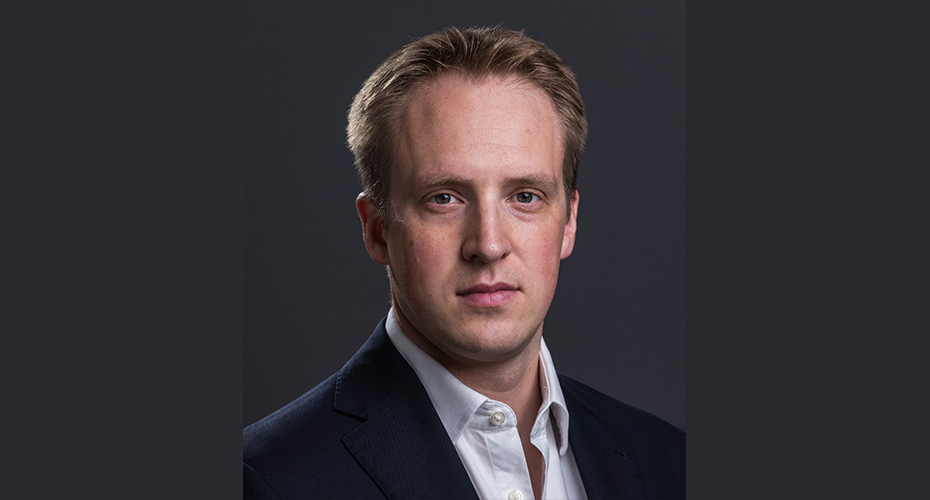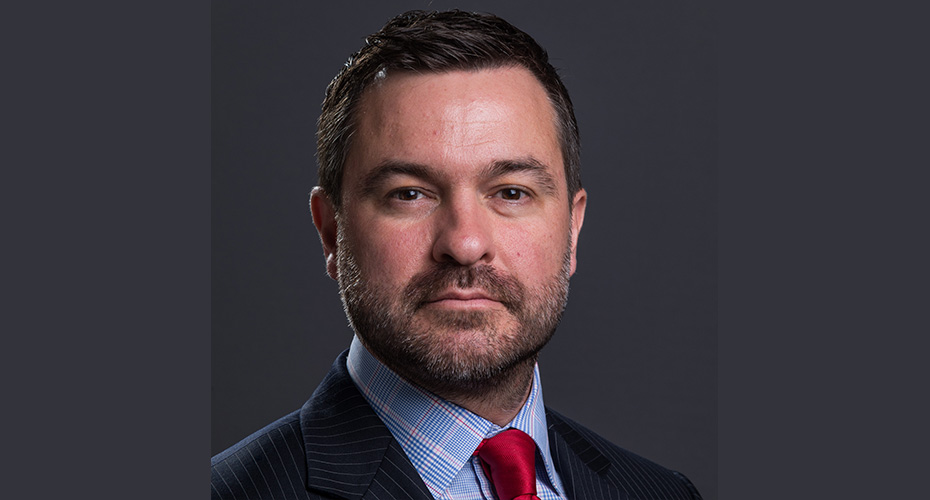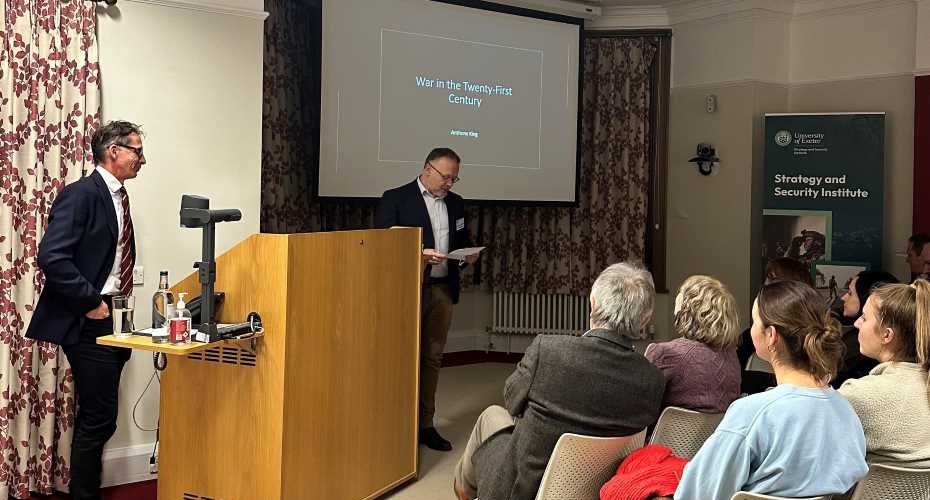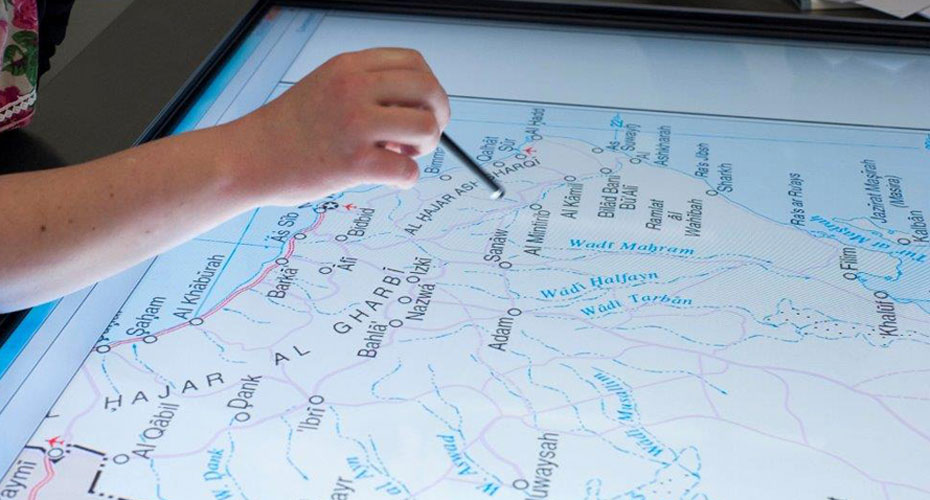Esther D. Reed works in military ethics. Research interests include evolutions in just war reasoning for changing threat environments, new weapons technologies and accountability for the taking of human life, deterrence, just and prudent responses to adversary hostilities below the threshold of war, religious teachings about war and peace, virtue ethics, ethical decision-making, ethical leadership, ethical teaming, human-machine teaming, the ethics of institutions. She is also working currently at the interface between military ethics and moral injury, and on the ethics of weapons control.
Publications include articles on militarised humanitarian intervention and targeted killings, natural law reasoning, and theological perspectives on the ethics of territorial borders.
She has monographs on Theology for International Law and The Limits of Responsibility: Engaging Dietrich Bonhoeffer in a Globalizing Era, and co-edited a collection on Civil Liberties, National Security and Prospects for Consensus: Legal, Philosophical and Religious Perspectives.
Recent publications are 'Accountability for the Taking of Human Life with LAWS in War', Ethics & International Affairs 2023;37(3); ‘On Limited Force: Prudence Below the Threshold of War’, Studies in Christian Ethics, forthcoming.
Esther has lead-supervised 16+ research students to successful completion of MbyRes/MPhil/PhD theses. She has collaborated with military personnel/organisations and the mining sector.









.jpg)





